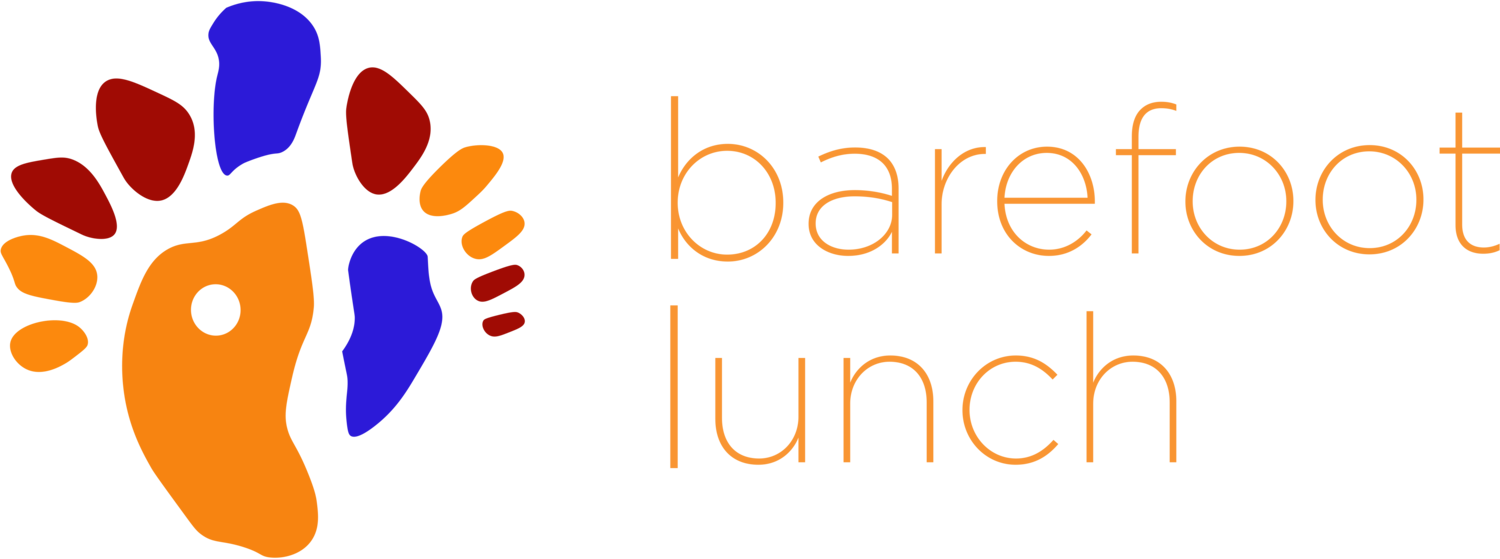Being quarantined during COVID-19, gave me and some friends an exceptional opportunity to rest near Walden Pond with Henry David Thoreau. Though we remained guests virtually, Thoreau, stayed in his little shack he built for 2 years, 2 months and 2 days between July 4, 1845 - September 6, 1847. For me, reading the insights he recorded in his memoir brought delightful insights in my own life here in the 21st century.
Thoreau’s writing style, typical of nineteenth century, often felt wordy to my modern Twitter trained sense. However, stuck at home with time to spare, the detailed meanderings, tangents, and descriptions felt like wanderings through the woods near the pond, wondering off the path, taking time to look out over the vistas, then across the pond itself. He records in detail all the cycles of the seasons, the days and nights, the sounds, animals, and of course, the pond itself.
He takes us through the economics of going out into the woods, why he chose to do so, then the process of building his home and furnishing his simple life. He shares intimate insights.
One of my favorite quotes centers around his singular vision of how important life is
“However mean your life is, meet it and live it; do not shun it and call it hard names. It is not so bad as you are. It looks poorest when you are richest. The fault-finder will find faults even in paradise. Love your life, poor as it is.”
In the confines of the pandemic, I realized how the humans and nature connect in an intricate and brittle existence.
“Most men, even in this comparatively free country, through mere ignorance and mistake, are so occupied with the factitious cares and superfluously coarse labors of life that its finer fruits cannot be plucked by them.”
Along with that insight, I felt the acute fragility of our human form and what a blessing remains to us in this gorgeous sack of flesh and bone.
“Every man is the builder of a temple, called his body, to the god he worships, after a style purely his own, nor can he get off by hammering marble instead. We are all sculptors and painters, and our material is our own flesh and blood and bones. Any nobleness begins at once to refine a man’s features, any meanness or sensuality to imbrute them.”
Lastly, the joy that one can find within quiet meditation, thought, and reflection:
“Direct your eye right inward, and you’ll find A thousand regions in your mind Yet undiscovered. Travel them, and be Expert in home-cosmography.”
I leave the last words to Thoreau himself, of what he gleaned from his stay in the woods outside of Concord:
“I learned this, at least, by my experiment: that if one advances confidently in the direction of his dreams, and endeavors to live the life which he has imagined, he will meet with a success unexpected in common hours. He will put some things behind, will pass an invisible boundary; new, universal, and more liberal laws will begin to establish themselves around and within him; or the old laws be expanded, and interpreted in his favor in a more liberal sense, and he will live with the license of a higher order of beings. In proportion as he simplifies his life, the laws of the universe will appear less complex, and solitude will not be solitude, nor poverty poverty, nor weakness weakness. If you have built castles in the air, your work need not be lost; that is where they should be. Now put the foundations under them.”
“Early in the morning I worked barefooted, dabbling like a plastic artist in the dewy and crumbling sand, but later in the day the sun blistered my feet.”

